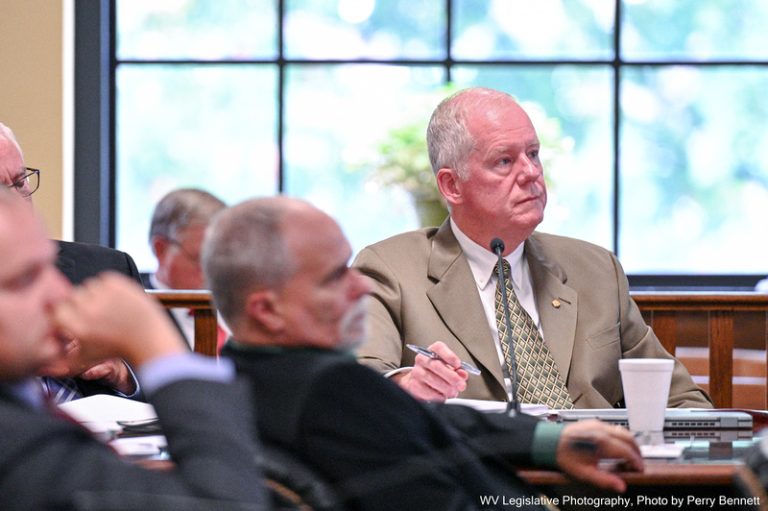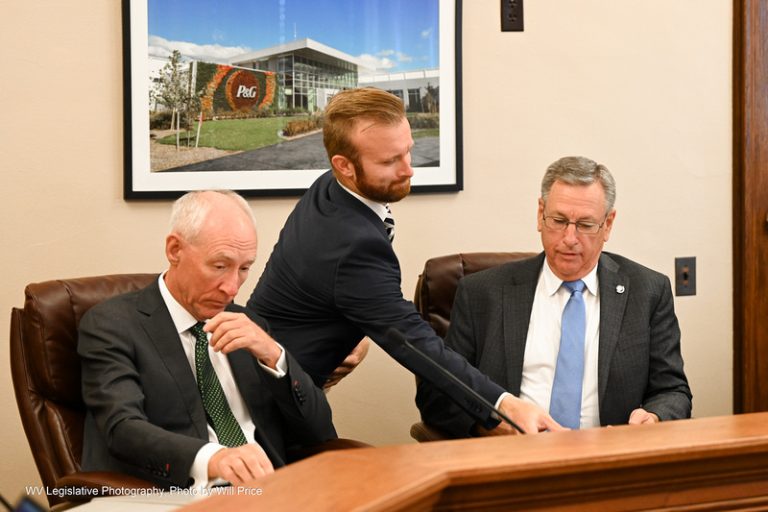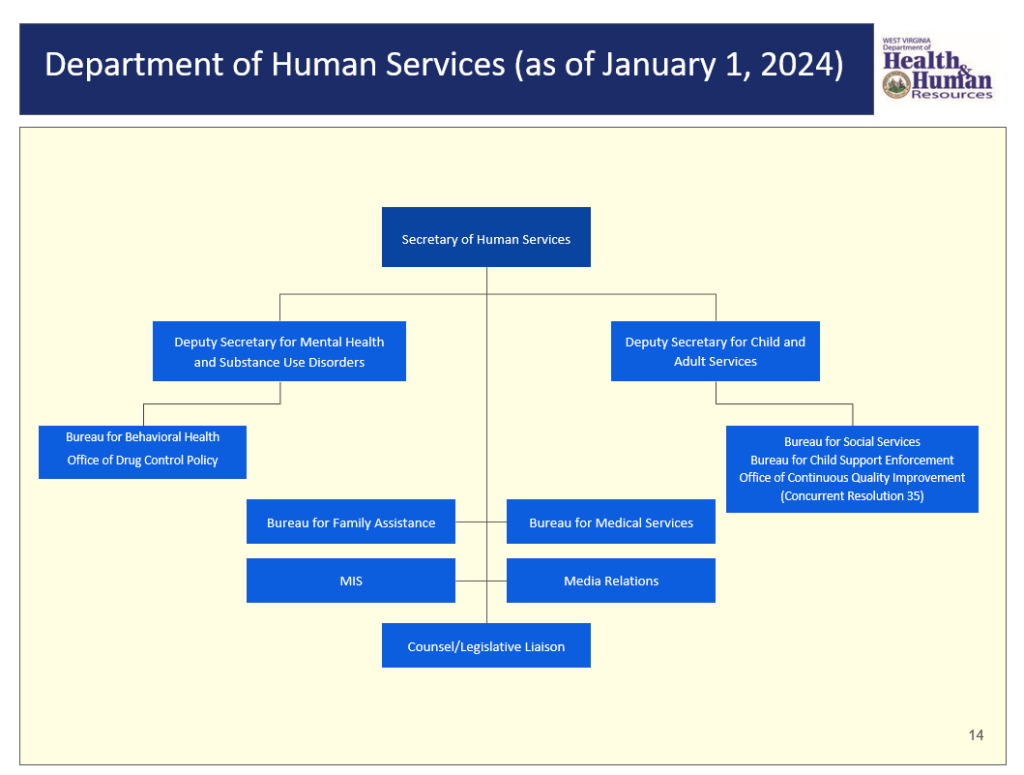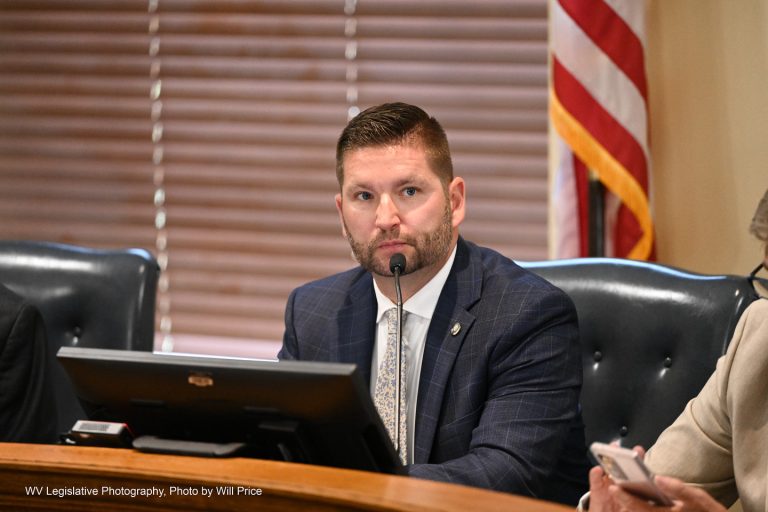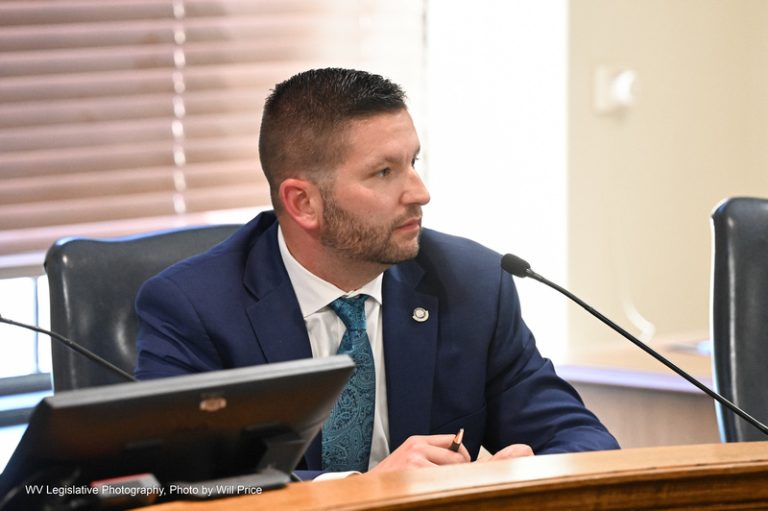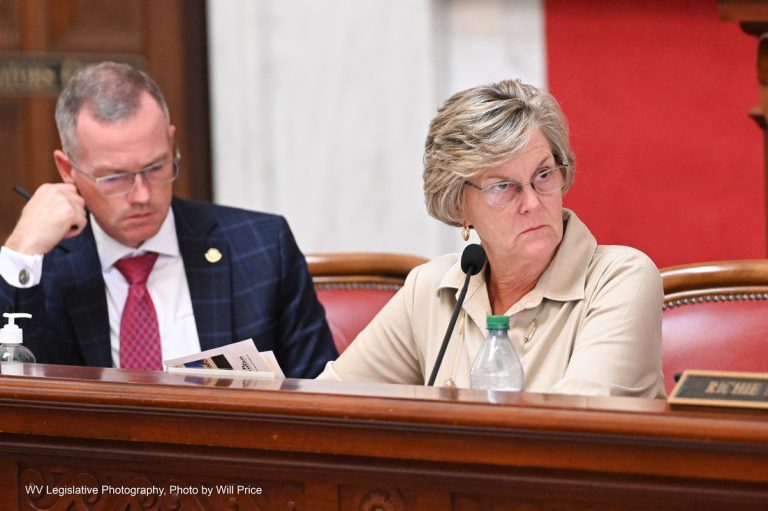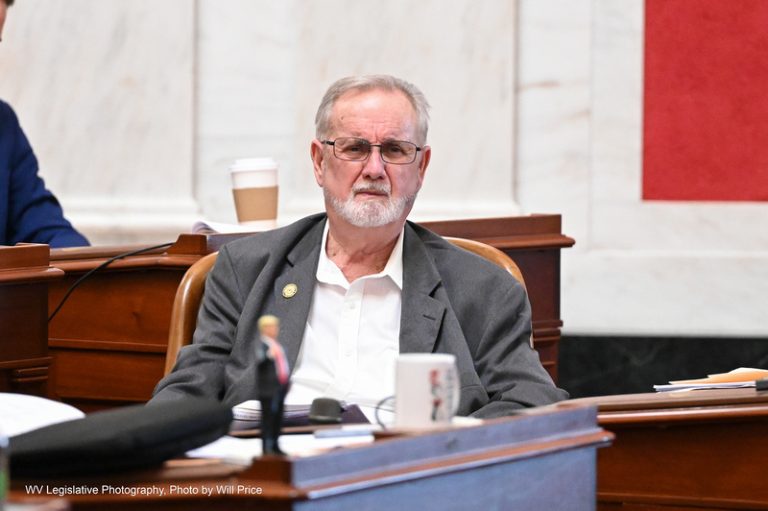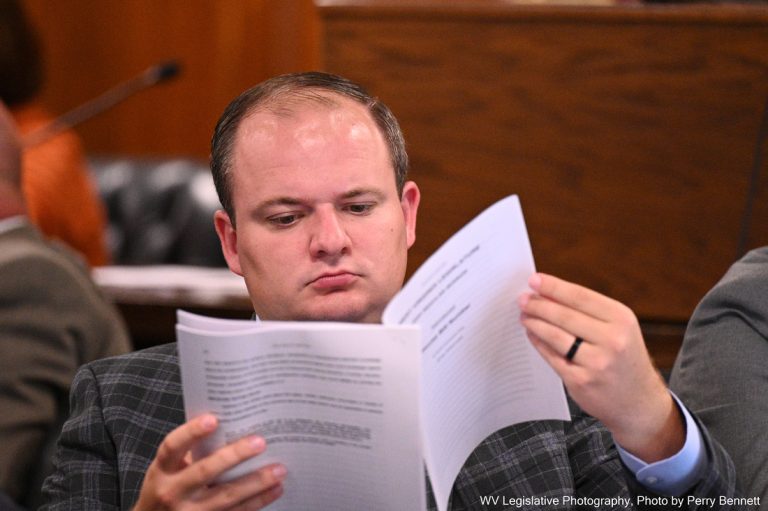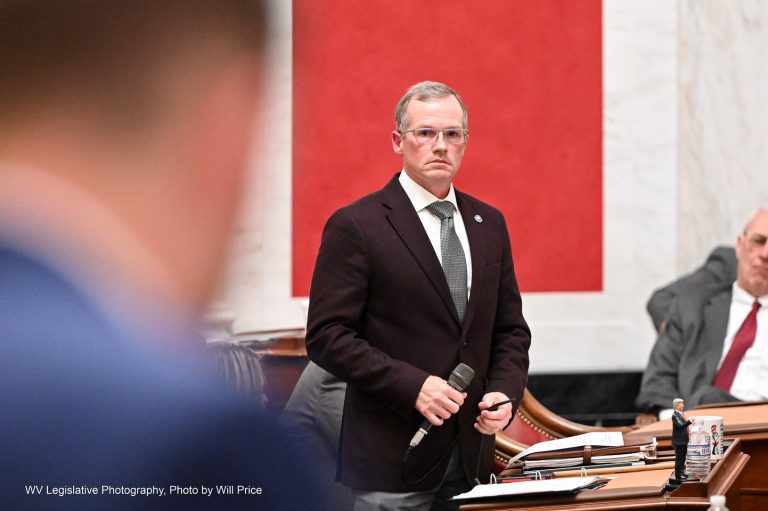The Joint Committee on Health met Monday afternoon.
The committee received an update on residential treatment facilities for children. The DHHR is working to build and strengthen community services. Individuals can call 844-help4wv to get information on services available in their area and if needed be connected to a mobile crisis response team. WV Wraparound is a family-centered coordination of services. Other community services include Regional Youth Services Centers and Expanded School Mental Health Services.
The goal of these programs is to reduce the reliance on residential homes. Children and Adult Services is working with a third party, Acentra Health, to evaluate children at risk of being placed in residential homes with a qualified independent assessment. The assessments determine if intervention can be provided at home instead of a residential home. Currently, there are 23 statewide group residential providers with 46 facilities. There are 502 children in in-state group facilities and 275 children in out-of-state facilities.
Currently, there is no logical rate for services provided. Rates are all over the place regardless of the services needed. The department would like to move away from a single rate and move to a rate for room and board, a rate for supervision, and a rate for treatment. Essentially, there would be a base rate, then as more supervision or treatment is needed the rate may increase. The proposed rate structure would not be site-specific, but services program-specific.
The four proposed settings are (1) non-treatment-based treatment homes: focused on achieving permanent family placement and would have community-based treatment services with children who could attend public schools; (2) specialized residential intensive treatment facilities: focused on particular groups depending on specific treatment needs who have historically been sent out-of-state for care (e.g. sex offenders, autism spectrum disorder with major behavior challenges) and would have specific treatment requirement; (3) residential intensive treatment facilities: would offer the highest level of treatment services; and (4) emergency shelters: short term settings to provide residence for children who cannot return to their home due to court order or change in foster care placement.
The department plans for the new rates based on services to be live by January 2024.
The Committee also received a presentation about prevention services from the Bureau of Family Assistance and Family Resource Centers.
There are three types of prevention (1) primary prevention: general population has access to benefits; (2) secondary prevention: high-risk populations: targeted services for family factors, and (3) tertiary prevention: maltreatment has occurred. Concrete support systems such as food, housing, clothing, childcare, and, health care can help prevent children from experiencing child abuse and neglect.
Child Care is a preventative for abuse and neglect. It offers dual-generation support as it supports parents to provide opportunities to work, get an education, or receive training. It also provides a stabilized respite and continuity for the family and developmentally appropriate support for children. It provides access to development assessments, screenings, and therapeutic supports such as birth to three. It also provides behavior consultation.
TANF has four purposes: (1) to provide assistance to needy families so that children can be cared for in their homes or in a relative’s home; (2) to end the dependence on needy parents on government benefits by promoting job preparation, work, and marriage; (3) prevent and reduce the number of out-of-wedlock pregnancies; and (4) encourage the formation and maintenance of two-parent families. TANF-supported programs include WV Works, Family Support Centers, Fatherhood Initiatives, Transportation assistance, and WV 211.
Family Support Centers are designed to serve any parent, of any class or income level. Centers are community-based and family-led. The centers are built on increasing protective factors for families and use the national standards for family strengthening and support. Services provided include parenting skills training and support, outreach and referral services, food, baby and hygiene pantries, and yearly childhood playgroups. West Virginia has Family Support Centers in 53 of the 55 counties. Jackson and Roane are the only counties without. The bureau is working to get centers in the remaining, as well as to define parameters for multiple centers within a county.
The bureau is also working to develop a funding database for metrics and monitoring of grants, an interactive map of services, and foundational funding. Ongoing Initiatives include Families are Stronger Together, Preschool Development Grant, county-based assessment of services, and WV 211.
Finally, the committee heard a presentation about WV 211.
WV 211 is an information and referral number for nonemergent needs which was created in the early 2000s. Every state has its own 211. The number was created to take the burden off of emergency operation centers. In 2001-2019, WV 211 was governed by a group of people who were from different areas and they couldn’t find a sustainable revenue source. In 2010, the United Way was approached to save WV 2110 In 2019, a grant was received to stabilize WV 211. WV 211 became operational in 2020, just in time for COVID-19. The Governor promoted WV 211 during every COVID briefing. During its first year, WV 211 received over 21 thousand calls and over 27 thousand website visitors for 155 thousand minutes of help. Most of the calls were for utility assistance, food insecurity, and rent or mortgage help.
In 2021, WV 211 received over 31 thousand calls and over 45 thousand website visitors for over 218 thousand minutes of help. Callers needed assistance with utilities, rent/mortgage, COVID-19, homeless shelters, and food insecurities. In 2022, WV 211 received over 26 thousand calls and more than 111 thousand connections through text, calls, online searches, and chats, for over 239 thousand minutes of help. The needs addressed were utility assistance, rent/mortgage assistance, and homeless shelters. Thus far in 2023, there have been over 23 thousand calls.
Everything about WV 211 is zip code-driven. The top needs expressed during these calls are electrical assistance, rental assistance, food pantries, gas assistance, mortgage assistance, VITA program, water assistance, homeless shelters, home repairs, and homeless assistance programs.



